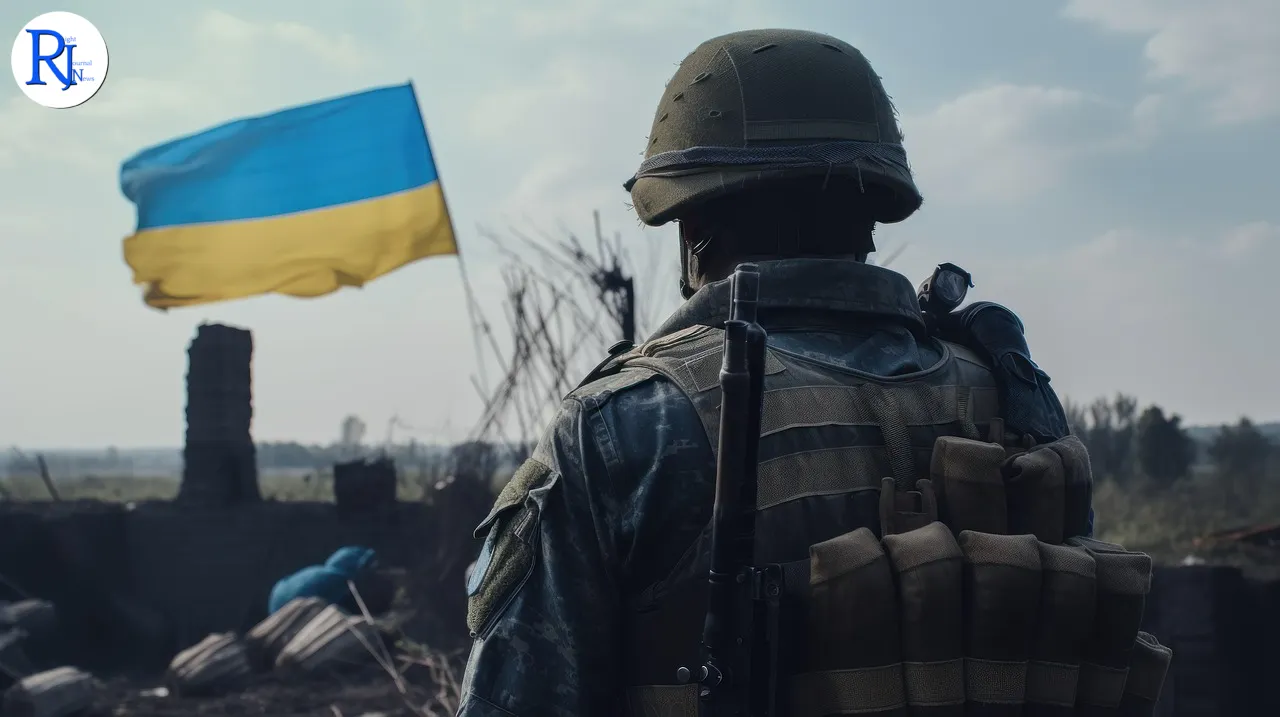A series of Russian missile strikes on Kyiv have left at least 15 people dead and nearly 100 wounded, marking one of the most severe attacks on the Ukrainian capital since the conflict began. Ukrainian President Volodymyr Zelenskyy condemned the attack, criticising world leaders for their perceived inaction. Meanwhile, US President Donald Trump clashed with French President Emmanuel Macron over claims about diplomatic efforts in the Middle East, further highlighting the geopolitical tensions at play.
Russian Strikes on Kyiv: A Devastating Blow
In the early hours of Tuesday, Russian military forces launched a barrage of missiles targeting Kyiv, resulting in significant casualties and widespread destruction. The attack, described by officials as “one of the most horrific” since the conflict’s inception, has left residents in shock and fear. Emergency services worked tirelessly to rescue those trapped under rubble, while hospitals quickly filled with the injured.
The strikes have drawn international condemnation, with many world leaders urging Russia to cease its aggressive actions. President Zelenskyy, in a televised address, expressed his frustration with the global community, stating, “The world cannot continue to turn a blind eye to the terror inflicted upon our people.”

Timing and Location of the Attack
The missile strikes occurred just after midnight on 17 June 2025, targeting residential areas and critical infrastructure in Kyiv. The timing of the attack, during a period of relative calm, has raised concerns about the unpredictability of the conflict and the safety of civilians. The Ukrainian government has called for increased international support to bolster its defences and protect its citizens.
The location of the strikes, in densely populated parts of the city, suggests a deliberate attempt to maximise civilian impact. Analysts believe this tactic is aimed at undermining morale and pressuring the Ukrainian government into concessions.
Global Reactions and Criticism
The international community has been quick to react to the latest escalation. European Union leaders have condemned the attack, calling for immediate de-escalation and diplomatic engagement. However, the response has not been unified, with some countries hesitant to take stronger actions against Russia due to economic and political ties.
President Zelenskyy has been vocal in his criticism of what he perceives as a lack of decisive action from global powers. “Words of condemnation are not enough,” Zelenskyy stated. “We need tangible support, not just promises.”
US and France: Diplomatic Tensions Surface
Amidst the fallout from the Kyiv strikes, a diplomatic spat has erupted between the United States and France. President Trump took to social media to refute claims made by French President Emmanuel Macron regarding US efforts to mediate a ceasefire between Israel and Iran. Macron had suggested that Trump left the G7 summit early to address the issue, a claim Trump denied.
In a statement on Truth Social, Trump criticised Macron’s comments as “publicity seeking” and insisted that his departure from the summit was unrelated to Middle Eastern tensions. “Emmanuel always gets it wrong,” Trump remarked, highlighting the strained relations between the two leaders.
Expert Insights on the Conflict
Experts in international relations have weighed in on the recent developments, suggesting that the situation in Ukraine is symptomatic of broader geopolitical tensions. Dr. Anna Petrova, a specialist in Eastern European politics, notes that the conflict has become a focal point for global power struggles.
“The Ukrainian crisis is not just a regional issue; it’s a reflection of the shifting balance of power on the world stage,” Dr. Petrova explained. “The actions of major powers, whether through direct involvement or diplomatic manoeuvring, have far-reaching implications.”
The Humanitarian Impact
Beyond the immediate political ramifications, the humanitarian impact of the strikes on Kyiv cannot be overstated. With hundreds injured and thousands displaced, the need for humanitarian aid is urgent. International organisations are mobilising resources to provide relief, but the scale of the crisis poses significant challenges.
Local volunteer groups have sprung into action, providing food, shelter, and medical assistance to those affected. However, the ongoing conflict continues to strain resources, making long-term recovery efforts increasingly difficult.
Looking Ahead: What Lies in Store
As the conflict in Ukraine intensifies, the path forward remains uncertain. The recent attacks on Kyiv underscore the urgent need for diplomatic solutions, yet achieving peace appears elusive. The international community faces mounting pressure to take decisive action, balancing the demands of humanitarian intervention with complex geopolitical considerations.
For Ukraine, the resilience of its people remains a beacon of hope amidst adversity. “We will rebuild, we will endure,” President Zelenskyy vowed, reflecting the determination of a nation under siege. As the world watches, the unfolding events in Ukraine serve as a stark reminder of the enduring impact of conflict and the urgent need for peace.

